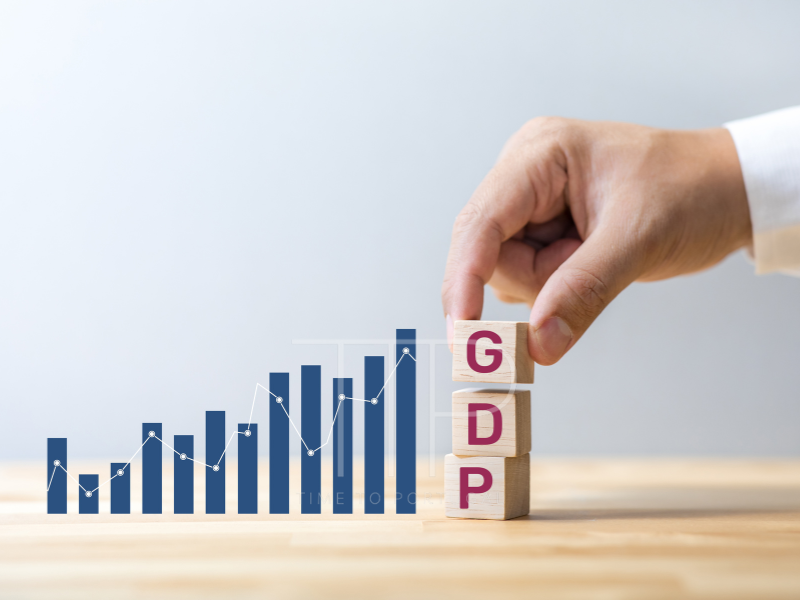A platform launched by the BRP association compares Portugal with other countries on indicators such as GDP and salaries.
Portugal is currently in 39th place in the World Competitiveness Ranking. It has dropped ten places since 2000. Between 2000 and 2022, the national economy grew by an average of around 1% per year, with the country generating “only 23% more accumulated wealth, while in the same period Spain grew almost twice as much”. The data, presented yesterday by the Business Roundtable Portugal (BRP) Association, is available for consultation on Compare to Grow, the digital platform that systematizes a set of indicators that make it possible to verify Portugal’s evolution and competitive position in various dimensions, compared to other countries. With this platform launched yesterday, BRP wants to encourage debate about the future and, at the same time, promote the country’s growth.
To the question “will Portugal be able to return to the top-15 in GDP per capita in the European Union?”, BRP officials answer: “Yes.” And, as the association’s president says, “we believe that in 20 years we will achieve this goal”. However, in order for the country to achieve this growth, which BRP says would have to be 3.9% per year, it is essential to retain young graduates. Vasco Mello recalls that around 40% of graduates end up leaving Portugal to work in other countries. “It’s one thing for them to gain experience, but it’s another when we don’t give them opportunities,” he lamented, saying that “a country that doesn’t grow, can’t provide these opportunities”.
For his part, and in line with Vasco Mello, Nuno Amado, chairman of BCP and a member of the BRP board, recalled the improvement in the qualifications of Portuguese students in the STEM areas (Science, Technology, Engineering and Mathematics), specifying that they are even above the European average. And that it is necessary to create conditions for the best qualified people to stay in Portugal.
Compare to Grow is the result of a partnership between BRP and the consultancy firm KPMG. Its CEO, Vítor Ribeirinho, called on the next government to take measures to retain young people in Portugal. He also referred to the importance of an attractive salary and the need to decentralize companies, giving as an example the one he leads (which opened a hub in Évora).
With regard to the Compare to Grow platform, those responsible explained that this is a “zero version”, which brings together data collected from public bodies – INE and Eurostat – and also from Pordata, owned by the Francisco Manuel dos Santos Foundation, and whose aim is to be constantly improved, with more relevant information for the country.
Comparing with competitors
In order to understand the country’s performance, a peer group was chosen made up of Spain, Slovenia, Estonia, Greece, Hungary, Italy, the Czech Republic and Poland, although the Portuguese economy can be compared with that of any other European country.
Taking competitiveness, for example, the platform reveals that Portugal is behind some countries in the group of “competitors”, including the Czech Republic (18th), Estonia (26th) and Spain (36th). The country’s GDP (since the beginning of the century and until 2022) “has grown in accumulated terms by only 23% compared to 43% in Spain and 64% in the group of competitor countries”, the platform points out.
In terms of wages, average salaries in Portugal have grown slowly. So much so that, “in cumulative terms, since 2000, Portugal has increased its average salary by 11,000 euros, much less than the average for the European Union (16,000 euros) or competing countries (15,000 euros)”.

